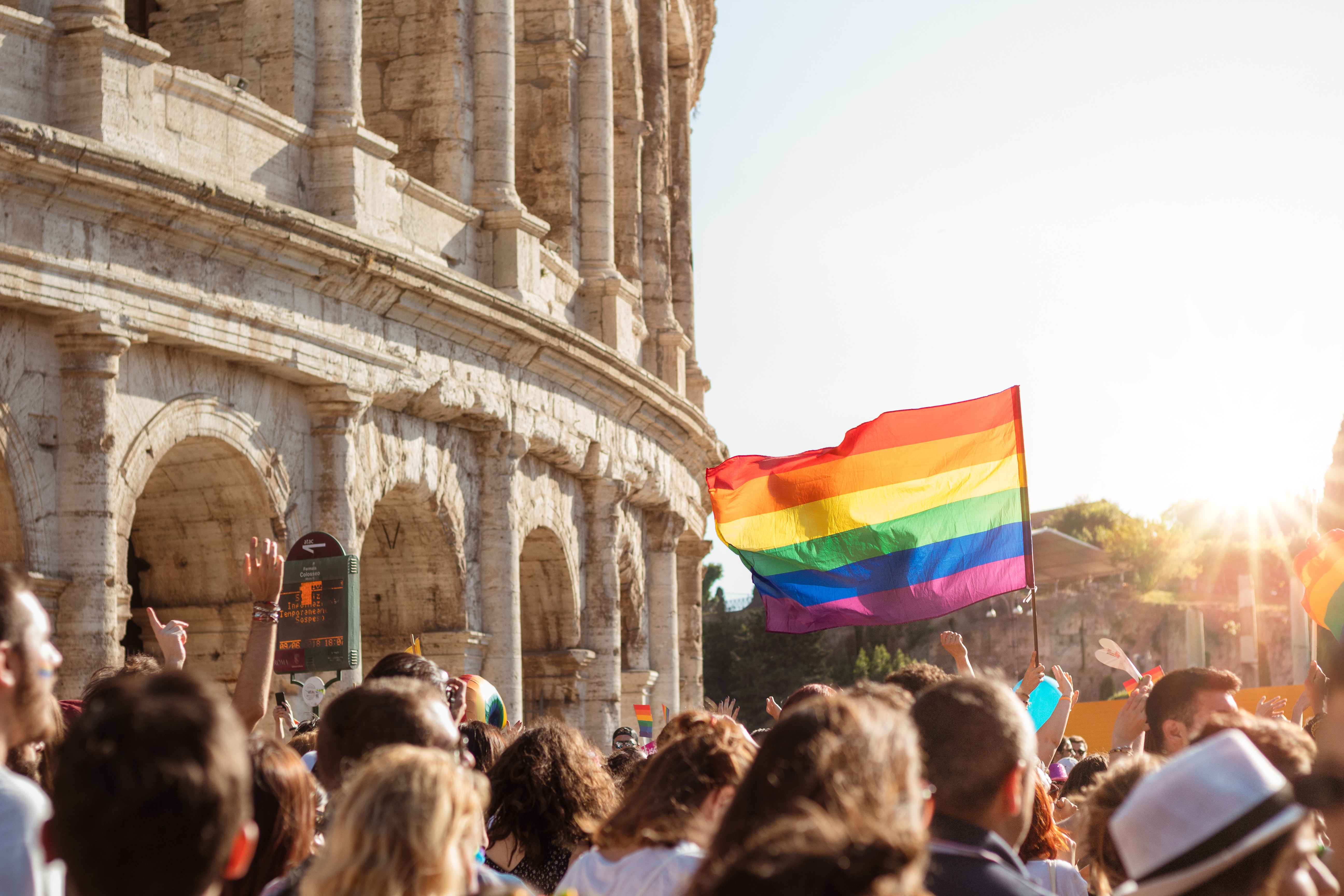#CalledOut Into Robust Vulnerability

I was once told by someone I greatly respect that I should consider not being quite so vulnerable in the pulpit. He was genuinely concerned for me, saying that down deep people really want their leaders to appear strong and project a sense of certainty and confidence. Although he didn’t use these exact words I think he was afraid that all of my honesty about my many, many mistakes and foibles could make me appear a bit too human.
I get the problem with pastors who over share in the pulpit. I do. Some of my worst moments in church have occurred when a pastor used the power of their position to turn a potentially holy moment into being all about them. Once, when I was caring for a family grieving the loss of their mother from cancer, I also welcomed a guest preacher and shared with him what was going on in their lives. Saying he knew some people were grieving, he added a bizarre story to his sermon about how he visited a woman in the hospital once with an incurable cancer, but after HE prayed over her she miraculously recovered. Seriously. The story had nothing to do with the rest of his excruciatingly long sermon. I was dumbfounded. When I asked him later about his curious choice to add that little gem, he said he thought it might be helpful to that family.
“Uh…how could that have been helpful? Their mother just died,” I noted.
“Oh, I know,” he replied. “But I wanted them to know that prayer can really help sometimes.”
Yeah… I didn’t know how to respond to that either. I wound up apologizing to the family who told me they wanted to walk out but didn’t want to appear to be rude. I assured them the only insensitive person that morning was the guy in the robe.
So, I get the problem with over sharing. Pastors can make everything seem like it’s about us. We can attempt to give emotional work to the congregation that is ours alone to process. All of this is true. But pretending to be less vulnerable, less human, this isn’t the solution. It’s not even a real option.
The fourth foundation of conversational leadership is what David Whyte calls cultivating robust vulnerability. He writes: “Vulnerability is not a weakness, a passing indisposition, or something we can arrange to do without, vulnerability is not a choice, vulnerability is the underlying, ever present and abiding undercurrent of our natural state. To run from vulnerability is to run from the essence of our nature, the attempt to be invulnerable is the vain attempt to become something we are not and most especially, to close off our understanding of the grief of others…The only choice we have as we mature is how we inhabit our vulnerability, how we become larger and more courageous and more compassionate through our intimacy with disappearance, our choice is to inhabit vulnerability as generous citizens of loss, robustly and fully, or conversely, as misers and complainers, reluctant and fearful, always at the gates of existence, but never bravely and completely attempting to enter, never wanting to risk ourselves, never walking fully through the door.
Whyte, David (2015-04-08). Consolations: The Solace, Nourishment and Underlying Meaning of Everyday Words (Kindle Locations 1090-1102). Many Rivers Press. Kindle Edition.
I once heard Garrison Keillor tell pastors they should consider setting down their manuscripts and stepping out from their pulpits. We don’t do this, he said, because we’re afraid we’ll forget something. But, he quipped, you have to ask yourself how important something really is if we can’t remember to say it. No, he said, we need to step out and put aside anything that is in the way. The only thing we really have to offer that’s worth anything, he said, is ourselves.
And isn’t this the essence of Christianity? God setting aside what everyone just guessed was the very definition of divinity by assuming frail, vulnerable, human flesh?
I live just outside of Portland, Oregon. Somehow, Portland hit the jackpot in church conventions this summer. The United Methodists are here in town this week. The Presbyterians converge in June and the Unitarian Universalists overlap. Believe me, if you’re in Portland this summer you’ll want to avoid the bar scene. Inebriated pastors are not a pretty sight, but they are a pretty common sight at these shindigs.
But you don’t want to miss what’s happening with the United Methodists. As I write this we are all getting a lesson in what it means to be robustly vulnerable. 111 lesbian, gay, bisexual, transgendered, queer, and intersexual (LGBTQI) clergy are risking their vocations by publically outing themselves in defiance of the official United Methodist ban on gay ordination.
In an open love letter to their church these incredibly brave men and women write to express their love for a church that “cradled us in the body of Christ.” To some who will, no doubt, lash out in intolerance and hate they write: “We love you, dear church. Through you, we have stood on sacred ground and seen the face of God more clearly. Our prayer, as the church begins its time of discernment, is that you will remember that there are nameless ones around the world, hungry for a word of hope and healing. LGBTQI people and their families exist in every church in every continent of this denomination. They are seeking to remain in faithful relationship with you even when you refuse, because they know God’s tender mercies and great faithfulness.”
These faithful LGBTQI pastors aren’t just giving their church an opportunity to make a courageous decision; they are showing all of us how to be fully human by choosing to be robustly vulnerable.
How are you hiding? What would it be like to edge into the light?
Recent Comments